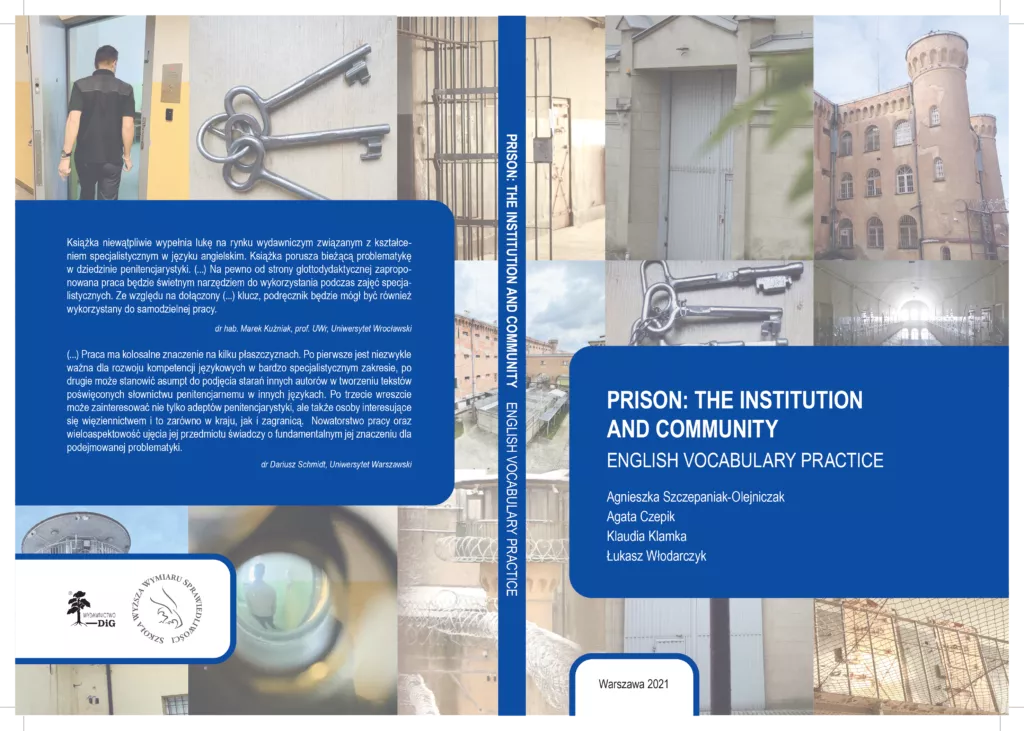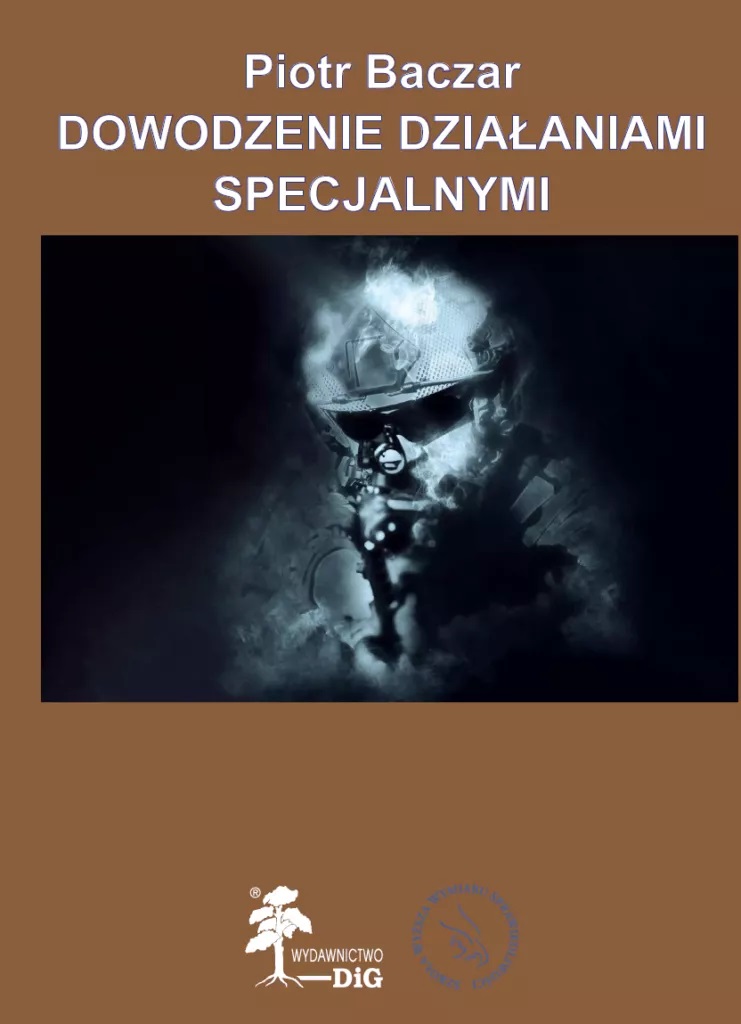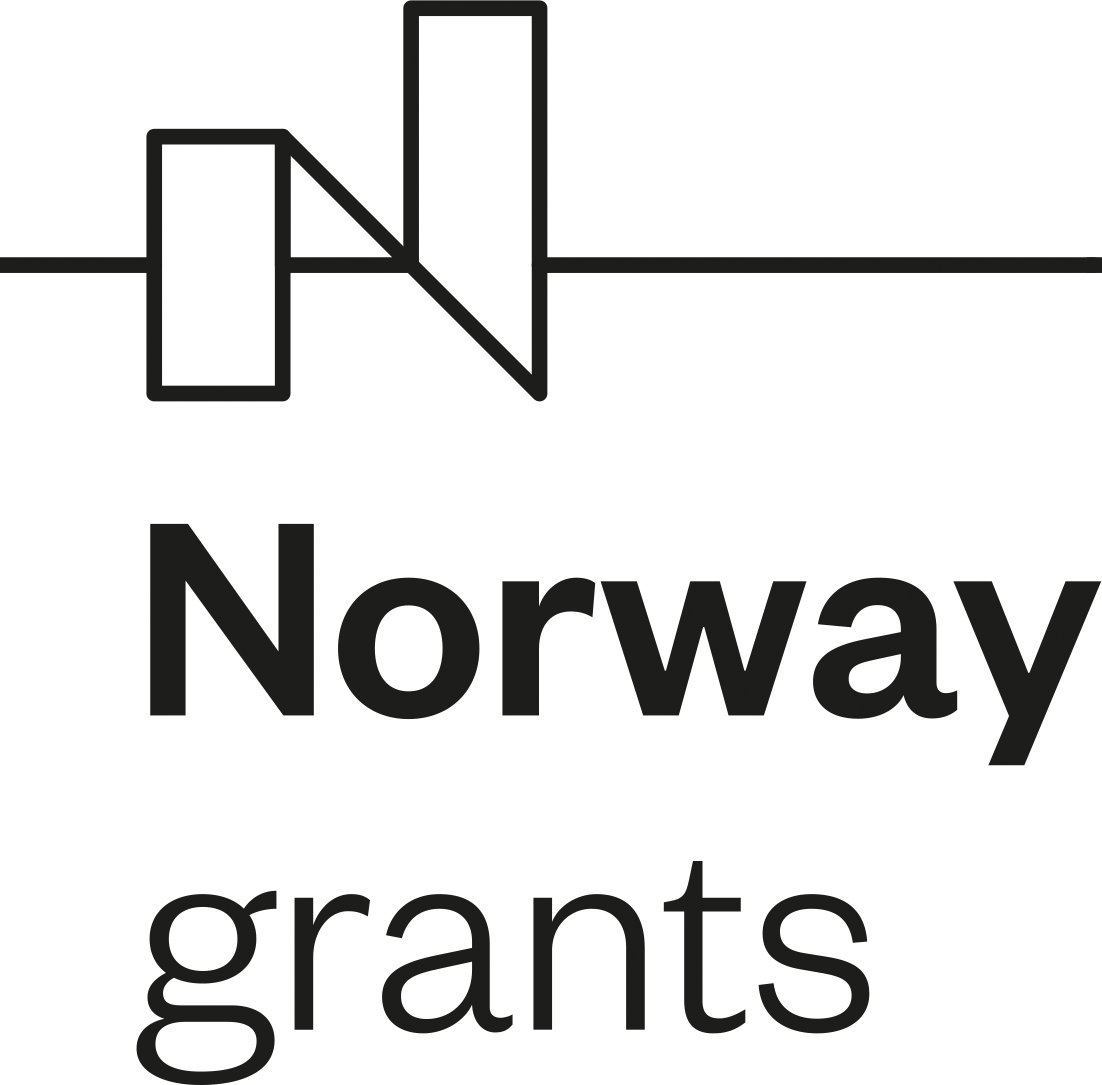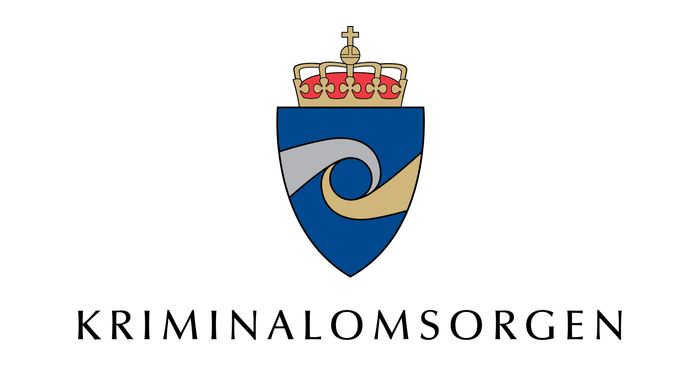
“Selected aspects of the training of the officers of the uniformed services”
“Selected aspects of the training of the officers of the uniformed services” is the newest book edited by Gen. Marcin Strzelec PhD, Rector - Commandant of the Academy of Justice. The monograph presents the challenges, which the uniformed formations’ training centres must face in view of social transformations and the ever-evolving information technology. It stresses the importance of the acquisition of new professional competences, particularly relevant to the representatives of the security-related formations. What distinguishes this monograph is the multitude of perspectives, reflections and opinions, which demonstrate the remarkably high level of complexity of duties of the uniformed services. While reading this item, the reader will get acquainted with the considerations on finding the most effective ways for universities to improve key specialist skills. The book was published by DiG.

„Constitutional identity and European Union axiology – perspective of Central European States” edited by Grzegorz Pastuszko is one of the most recent book proposals from The Academy of Justice. The monograph consists of 15 chapters, which provide an extensive reflection on the constitutional identity of the Central European countries (such as Bulgaria or Slovakia among others), as well as many other related issues. The subject of this monograph are both legal and systemic phenomena. The book enables its readers to find answers to a number of key and emerging issues, e. g. Can acquiring the values of the European Union jeopardise the functioning of the sovereign state? What are the prospects for the constitutional identity in a time of progressive globalisation? Is it possible to balance the constitutional pluralism of the Member States with the axiological universalism of the European Union?
 This publication offers its readers a multifunctional, interdisciplinary tool in the field of foreign language teaching (glottodidactics) and penitentiary science. It joins the elements of thematic knowledge with the English vocabulary, pertaining to the process of execution of custodial punishment by the Prison Service, presentation of the institution of prison and its community, correctional treatment, along with the notion of criminality and selected measures of penal and penitentiary politics.
This publication offers its readers a multifunctional, interdisciplinary tool in the field of foreign language teaching (glottodidactics) and penitentiary science. It joins the elements of thematic knowledge with the English vocabulary, pertaining to the process of execution of custodial punishment by the Prison Service, presentation of the institution of prison and its community, correctional treatment, along with the notion of criminality and selected measures of penal and penitentiary politics.
This book was designed for penitentiary science students and officers of the Polish Prison Service, but it can also be used by the students of English philology, translation studies, criminology or social rehabilitation. It enables the readers to review and consolidate their knowledge, improve their professional and specialised English skills and develop their social and cognitive skills. The publication is closely related to the educational content of the school’s curricula, while at the same time, it increases the knowledge of penitentiary systems and practices in different countries.
The content is divided into sections, which facilitates finding the subject relevant to the reader: information about the organisation of the Prison Service in Poland, its penitentiary units, establishments and their communities, safe and secure functioning of the institutions, selected methods and means of dealing with inmates, processes and negative phenomena characteristic to prisons, then probation and alternatives to imprisonment.
The material included in this book can be analysed in the self-training mode (as a repertory or a handbook) or be incorporated in the teaching process as a guide or a useful tool to support the teacher.

"Command of special operations" – this is the title of the book by Dr Piotr Baczar, which addresses the issue of the command system during special operations. As an incentive to develop this issue, the author himself mentions insufficient number of similar studies in contemporary scientific literature. The purpose of this book was to try to structure the command area and to create a valuable platform for further reflection in this respect, which is certainly aided by the author's experience of the service, interpreting the command as an extremely broad issue, including, for example, the aspects of gathering information about both the opponent’s own strengths and the opponent. The message of the publication focuses on maximising the security and effectiveness of the command systems. The work covers five chapters, dealing with, among others, competences required for decision-making.
The book was published by the DIG Publishing House in Warsaw, as part of a project called "Pilot penitentiary complexes" carried out under the operational programme ‘Justice’ financed by both Norwegian and national funds






